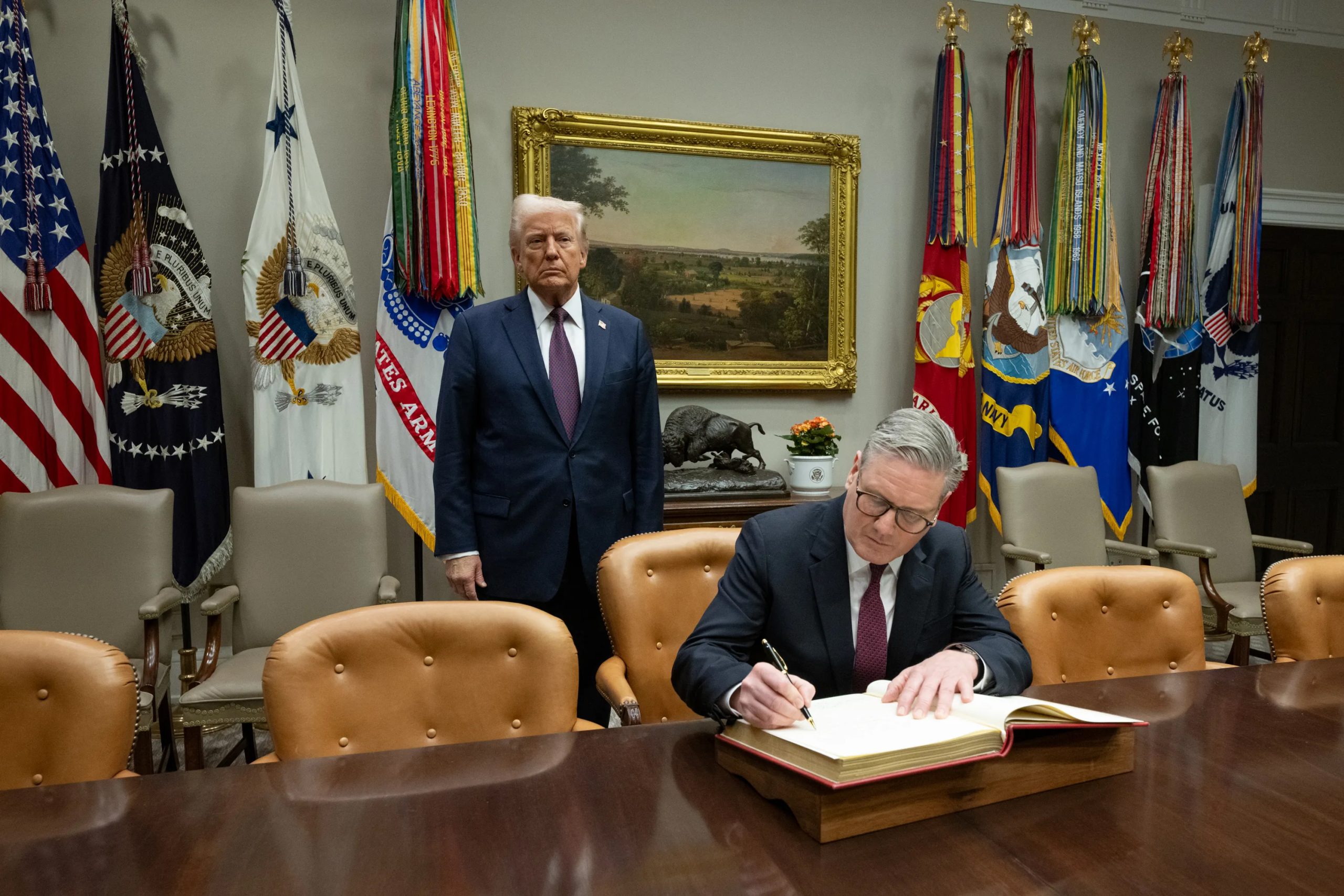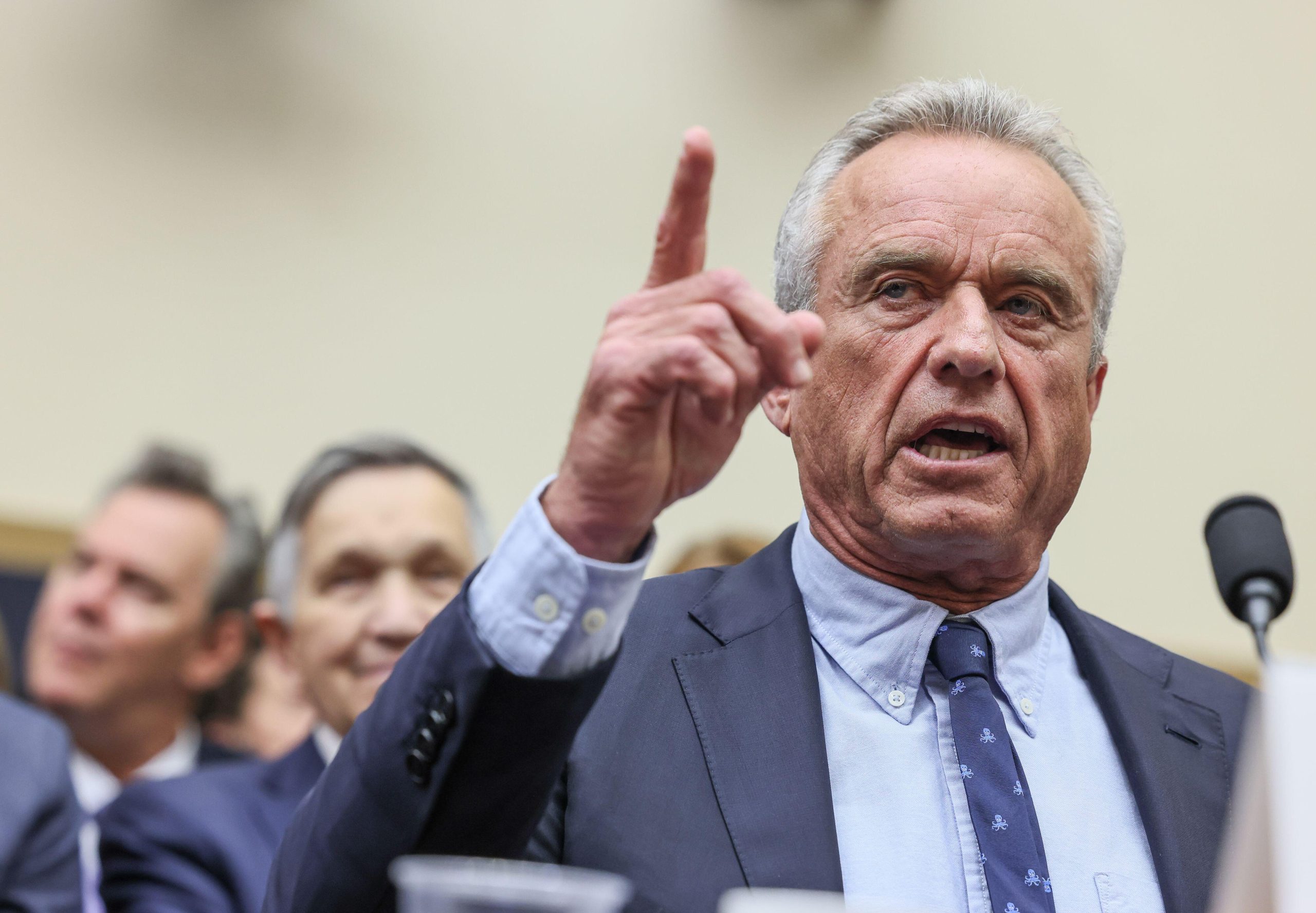The trial of three journalists working for the Al Jazeera English Channel (AJE) was adjourned on Thursday until April 22.
For award-winning Australian journalist Peter Greste, AJE ‘s Cairo Bureau Chief Mohamed Fadel Fahmy (a Canadian-Egyptian) and producer Baher Mohamed who have been locked up behind bars in a Cairo prison for more than 100 days, this means spending twelve more days in a dark, cramped cell with only an hour a day of exercise, fresh air and sunlight.
The AJE journalists are among 20 defendants accused by prosecutors of spreading false news that harms Egypt’s national security and aiding a terrorist organisation–charges the jailed journalists have repeatedly denied.
“There is not a shred of evidence incriminating us,” Mohamed Fahmy shouted out to a group of foreign journalists covering Thursday’s hearing. ” The case is political and we are scapegoats caught up in the middle of the Egypt-Qatar political rift.”
The patience of the three journalists is clearly wearing thin. While they had smiled and joked with family members and journalists attending the previous court sessions, signs of fatigue and frustration were evident on their faces Thursday as they appeared in the makeshift court at the Torah Police Institute, south of Cairo, for a fifth time. After 103 days in detention, their nerves were clearly frayed and Fahmy made no attempt to hide his anger. After the judge rejected his pleas to dismiss the charges against them and release him and his colleagues on bail, Fahmy shouted out from his cage , “Our acquittal won’t be enough! We shall seek compensation from prosecutors for the months we have spent here.”
Fahmy also vowed to expose what he said were ” crimes against humanity” being committed inside the prison walls. He however, refrained from disclosing the details of those crimes, telling journalists that what he and the other defendants say in court “is often taken against us” and results in the maltreatment and abuse of the defendants at the hands of investigators and prison guards .
Thursday’s hearing was briefly interrupted when Khaled Abdel Raouf , one of the defendants, fainted inside his cage and had to be carried away by prison guards. Fahmy later explained that Abdel Raouf’s ailing health was the result of the poor conditions at the Scorpion high security prison where he is being held. “The conditions there are inhumane; the prison is not fit for an animal,” Fahmy complained bitterly.
Fahmy himself had spent a month in solitary confinement at the high security prison before being transferred to Torah Prison where he now shares a cell with Greste and Baher and where conditions are slightly better. Some of the other defendants in the case– including Abdel Raouf and Anas El Beltagy– however, remain at the high security prison where hundreds of Muslim Brotherhood leaders also languish. Unlike the Al Jazeera team, the “Scorpion” defendants are being denied family visits and reading materials and have also complained (in a previous court session ) of torture at a detention camp where they were held immediately after their arrest.
Thursday’s court session opened with the screening of video footage that the prosecution had claimed supported the case against the Al Jazeera news team. The video material that was shown however, clearly had nothing to do with the case. It consisted of content from Sky News Arabia’s coverage of the political crisis in Egypt, a press briefing by a Keyan government official on the September terror attack at a Nairobi shopping mall, and part of a news report on Somali refugees in Nairobi that had earned Greste a Peabody Award. Asked by a journalist how he had felt watching his report in the courtroom, Greste replied, ” If they had played more of it, they would realize this is the type of work we do.”
A defence lawyer in the case told the judge that the charges were not against a terrorist news network that was inciting violence but against well-educated, patriotic young Egyptians .”The case is tarnishing Egypt’s image in the eyes of the world and must come to an end soon,” he insisted.
While the judge could not but dismiss the videos as “unrelated to the case”, he however, ordered another hearing later this month to allow a team of experts more time to review the videos in the presence of the Defence lawyers. His decision drew angry condemnation on social media networks from fellow journalists and internet activists around the world who for weeks had expressed their solidarity with the detained Al Jazeera staff via the Twitter hashtag: #FreeAJStaff .
”What a mockery of justice, Egypt!” retorted Australian broadcaster Mark Colvin (who works for ABC Radio) via his Twitter account. In a news report broadcast on CNN after the session, the on-air reporter sarcastically called it “ a trial by error” , saying that justice had been delayed in Egypt not once but five times.
In a statement released on Wednesday (a day before the court hearing), Amnesty International described the AJE detainees as “prisoners of conscience” and called for their immediate release.
Infuriated by the result of the hearing, Greste said he and the other members of his team were “fed up”, describing the evidence presented against them as “a joke.”
“ We have had enough,” he said. “I am unbelievably frustrated. But we still believe that in the end , justice will prevail.”
This article was published on 11 April 2014 at indexoncensorship.org




